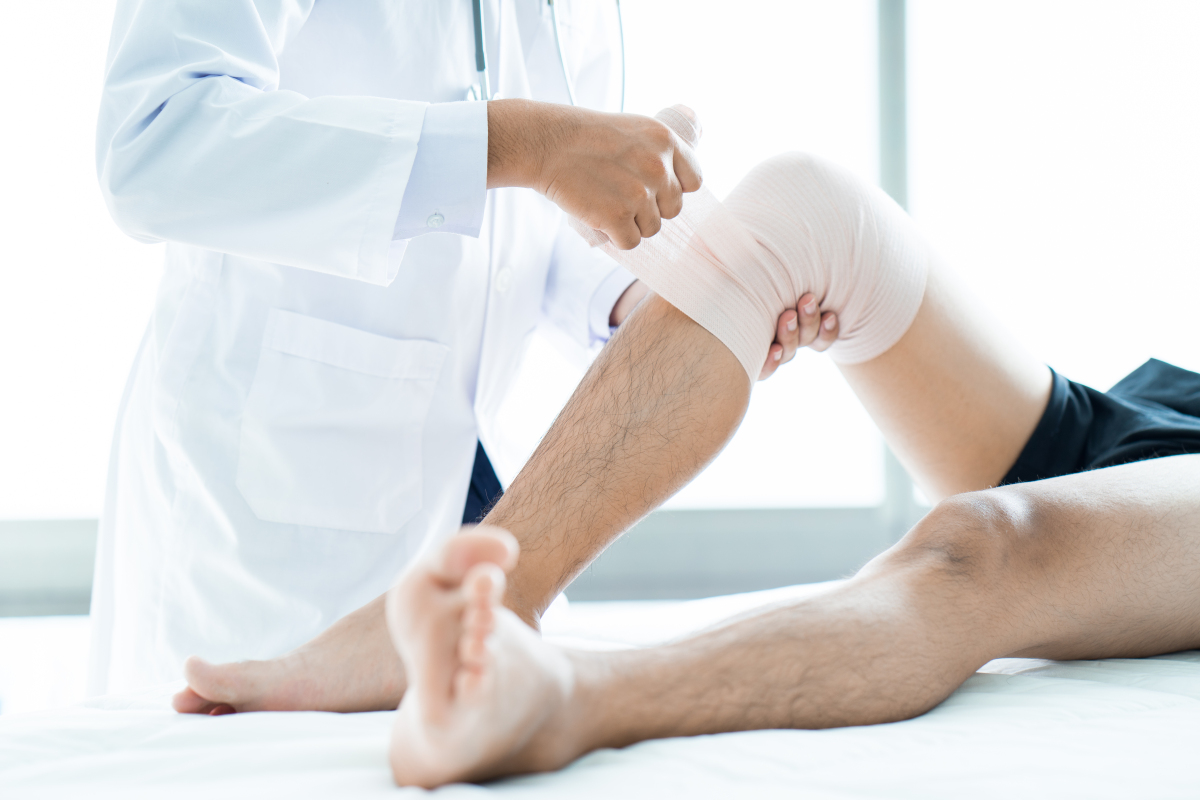Joint replacement surgery is a transformative procedure for individuals suffering from debilitating joint conditions such as osteoarthritis or rheumatoid arthritis. Whether it’s a hip replacement, knee replacement, or shoulder replacement, understanding the recovery process is crucial for patients considering or undergoing this surgery.
Here’s a detailed overview based on insights from a joint replacement surgeon:
1. Immediate Post-Surgery Care:
- Following joint replacement surgery, patients are closely monitored in the hospital recovery room. Pain management and infection prevention are priorities during this initial phase.
2. Hospital Stay:
- The length of hospitalization varies but typically ranges from a few days to a week, depending on the type of surgery and individual recovery progress. Physical therapists begin gentle exercises to promote joint mobility and prevent complications like blood clots.
3. Pain Management:
- Effective pain control is essential throughout the recovery process. Joint replacement surgeon in Paschim Vihar utilize a combination of medications, nerve blocks, and regional anesthesia techniques to manage pain and discomfort.
4. Physical Therapy and Rehabilitation:
- Rehabilitation begins soon after surgery to restore joint function and strength. Physical therapists guide patients through exercises tailored to their specific joint replacement, focusing on improving range of motion and muscle strength.
5. Gradual Return to Activities:
- Patients gradually resume daily activities such as walking, climbing stairs, and performing household tasks as tolerated. Initially, mobility aids like walkers or crutches may be used to support balance and stability.
6. Home Care and Recovery:
- Upon discharge, patients receive detailed instructions for home care, including wound care, medication management, and activity restrictions. Family members or caregivers play a crucial role in providing support during the early stages of recovery.
7. Follow-Up Appointments:
- Scheduled follow-up visits with the joint replacement surgeon monitor healing progress, assess joint function, and address any concerns or complications. X-rays may be taken to evaluate the positioning and integration of the artificial joint.
8. Long-Term Rehabilitation and Lifestyle Adjustments:
- Full recovery from joint replacement surgery can take several months. Continued participation in physical therapy and adherence to prescribed exercises are vital for achieving optimal joint function and mobility.
Choosing a Joint Replacement Surgeon in Paschim Vihar:
Patients in Paschim Vihar seeking joint replacement surgery benefit from consulting with experienced surgeons specializing in orthopedic care. These specialists offer advanced surgical techniques, personalized rehabilitation plans, and compassionate care to facilitate successful outcomes and improve quality of life.
In conclusion, while the recovery process after joint replacement surgery requires patience and dedication, it offers significant relief from pain and restored joint function. With comprehensive care from a skilled joint replacement surgeon in Paschim Vihar and commitment to rehabilitation, patients can regain mobility and enjoy an active lifestyle once again.





Comments